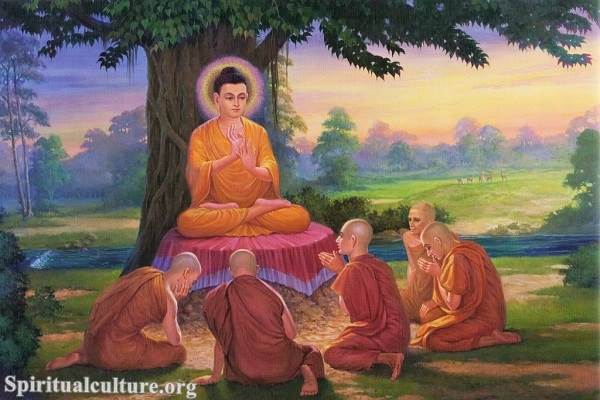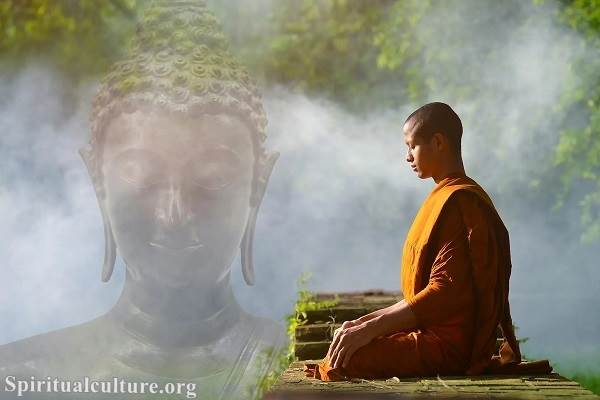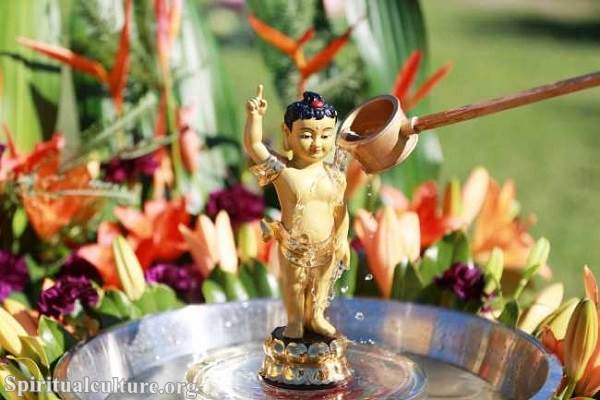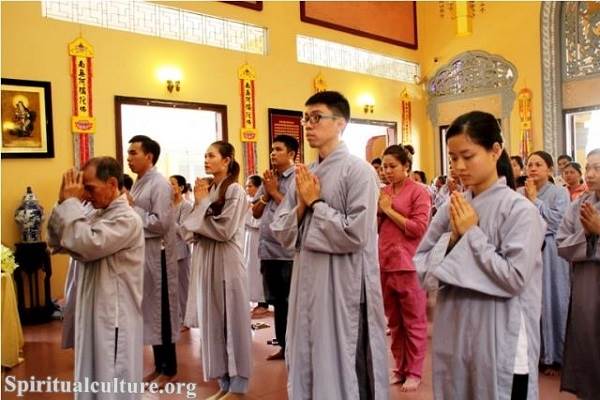The word ‘karma’ is derived from the Sanskrit term ‘kri,’ meaning ‘to do.’ In its simplest definition, karma refers to the law of cause and effect, where every action has a consequence. In the context of Buddhism, karma is an essential doctrine that explains the cycle of birth, death, and rebirth.
Buddhism: A Brief Overview
Buddhism originated in India around the 5th century B.C. with Siddhartha Gautama, also known as the Buddha. The religion is based on the teachings of the Buddha, which emphasize the development of personal virtue, meditation, and wisdom – the three pillars of the path to enlightenment. Today, Buddhism is practiced by millions of people worldwide, with various schools and sects offering different interpretations of the Buddha’s teachings.
What is karma Buddhism?
In Buddhism, karma is not a divine system of justice or punishment, but instead a natural law, like gravity. It is a fundamental belief that our intentions, thoughts, and actions, whether good or bad, will have corresponding effects on our lives and the lives of others. Karma in Buddhism is intentional action, conscious or unconscious, which has moral significance and consequences.
Buddhists believe that every individual is responsible for their karma, and the results of their actions will inevitably catch up with them. The law of karma states that virtuous actions create happiness and well-being, while non-virtuous actions lead to suffering. This is not a system of rewards and punishments, but rather a process of learning and growth.
Karma is not fate or predestination. It is a dynamic process, constantly changing with our actions. The past influences the present, and our current actions influence the future. Our present situation, including our personality, is the result of our past actions, and our present actions will shape our future circumstances.
The Karma Symbol in Buddhism
The karma symbol, often depicted as a wheel or circle, is a powerful representation of this Buddhist principle. Also known as the Wheel of Life or Bhavacakra, this symbol illustrates the cyclical nature of life, death, and rebirth, driven by karma. The wheel is divided into segments representing the six realms of existence: the realm of gods, demigods, humans, animals, ghosts, and hell-beings.
The karma symbol serves as a reminder of the law of cause and effect. Each segment of the wheel represents different life circumstances that one can be born into, depending on their karma. The center of the wheel shows three animals: a pig, a snake, and a rooster, symbolizing ignorance, hatred, and desire, respectively. These are the three poisons that bind us to the cycle of suffering and rebirth.
The aim of Buddhism is to escape this cycle, to attain Nirvana – a state of ultimate peace and liberation from suffering. This is achieved by following the Noble Eightfold Path, which provides a guide for moral conduct, meditation, and wisdom.
In Conclusion
Karma in Buddhism is a profound philosophy that encourages self-reflection, responsibility, and ethical living. It is a complex law of cause and effect that governs our existence, shaping our experiences and driving the cycle of rebirth. The karma symbol serves as a visual reminder of this principle, depicting the cyclical nature of life and the potential for liberation.
Understanding karma helps us realize that we are the architects of our destiny. Every thought, word, and action shapes our future and influences the world around us. Therefore, by cultivating positive actions and reducing harmful ones, we can influence our karma and move towards a path of peace, wisdom, and ultimate liberation.




